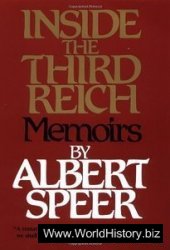Rome of the 5th century was still a simple society with on the one hand a nobility, the patricians, and on the other “the people,” the plebs. In the course of the 4th century, this began to change: the people became an ever more heterogeneous group. Strong economic differentiation went hand in hand with the military expansion of Rome. Increased economic power was translated into increased political power: rich plebeians merged with the patricians to form a new elite. The Roman poor could only better themselves at the expense of Rome’s neighbors. These developments do not add up to the creation of an Athenian-style “democracy.” The new elite monopolized power as much as the patricians had done. Roman citizenship did not give the citizen a true voice in Roman politics. On the other hand, Rome was known for the liberality with which it handed out its citizenship. That was a clever policy, along the principle of “divide and rule,” to obtain the allegiance of local elites; it was also a way to rapidly increase the number of Romans, and thus also the number of Roman soldiers. At the same time, the Roman elite could enlarge their own clientela because whoever made someone else a Roman citizen became that person’s patronus. Thus, the hierarchical Roman society with its basic structures in patron-client relationships was strengthened by giving away something that was of relatively little value—at least in political terms. In the Greek poleis, which were so egalitarian compared to Rome, citizenship carried with it actual political rights, and thus these communities were at pains to limit their citizenship to a small group of privileged individuals.




 World History
World History









